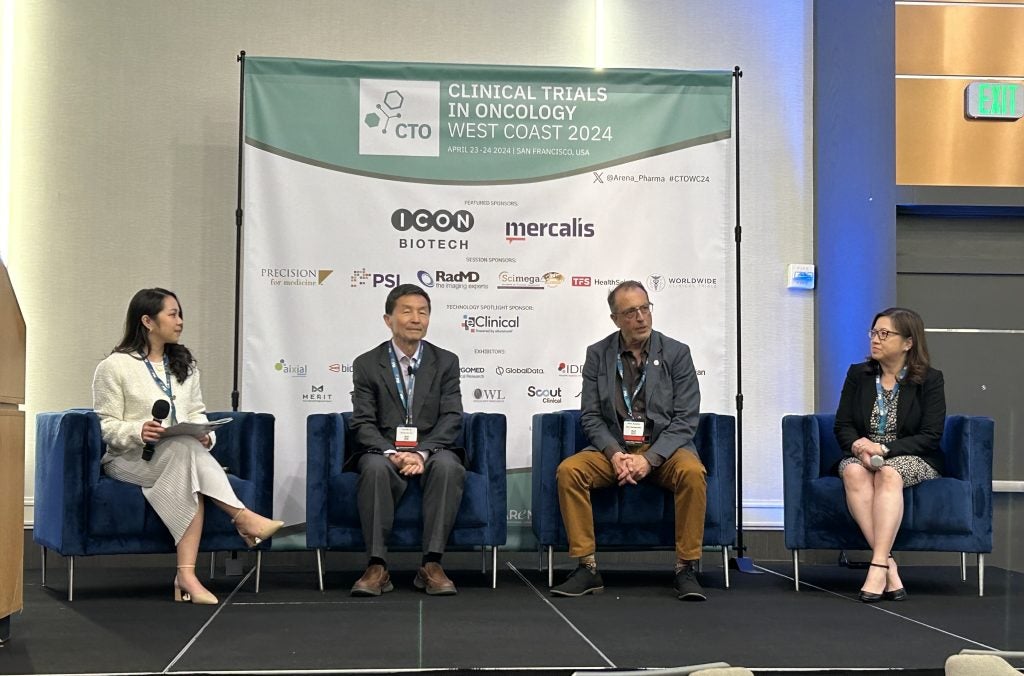

A new trial conducted by NYU Langone Medical Centre in the US has demonstrated a favourable outcome with the combination of a common Alzheimer's disease drug and a specific care management programme.
The research team assessed the US Food and Drug Administration (FDA) approved drug memantine with a disease management system called the Comprehensive, Individualised, Person-Centred Management programme (CI-PCM).
Conducted by NYU Langone Psychiatry instructor, CI-PCM is based on the team’s retrogenesis theory and includes caregiver training, residence assessment, therapeutic home visits and caregiver support groups.
The data from the trial showed that the combination enhanced the ability of the drug to improve daily function and also delayed certain damaging effects of the disease.
How well do you really know your competitors?
Access the most comprehensive Company Profiles on the market, powered by GlobalData. Save hours of research. Gain competitive edge.

Thank you!
Your download email will arrive shortly
Not ready to buy yet? Download a free sample
We are confident about the unique quality of our Company Profiles. However, we want you to make the most beneficial decision for your business, so we offer a free sample that you can download by submitting the below form
By GlobalDataSee Also:
Trial’s principal investigator Barry Reisberg said: "Alzheimer's and dementia clinicians have known for some time that medication alone is not enough to stop disease progression.
"Our new research shows that a comprehensive, patient-centred care programme brings significant benefits in daily activities, which are important to individuals with Alzheimer's and those who care for and about them."
The blinded, randomised, controlled trial compared ten CI-PCM patient-caregiver groups over 28 weeks with ten pairs under standard community care such as clinic visits, referrals to resources for caregiver training, physical, speech and occupational therapy, medic-alert bracelets training and day care centres.
Loss in the ability of a patient to independently perform daily activities was measured at the end of the 28th week using the Functional Assessment Staging (FAST) tool.
The combination group is said to have tested 7.5 times (75%) higher when compared to the drug-only group, which was measured in a study performed by the team in 2003.
Image: Principal investigator Barry Reisberg. Photo: courtesy of PRNewsfoto/NYU Langone Medical Centre.








